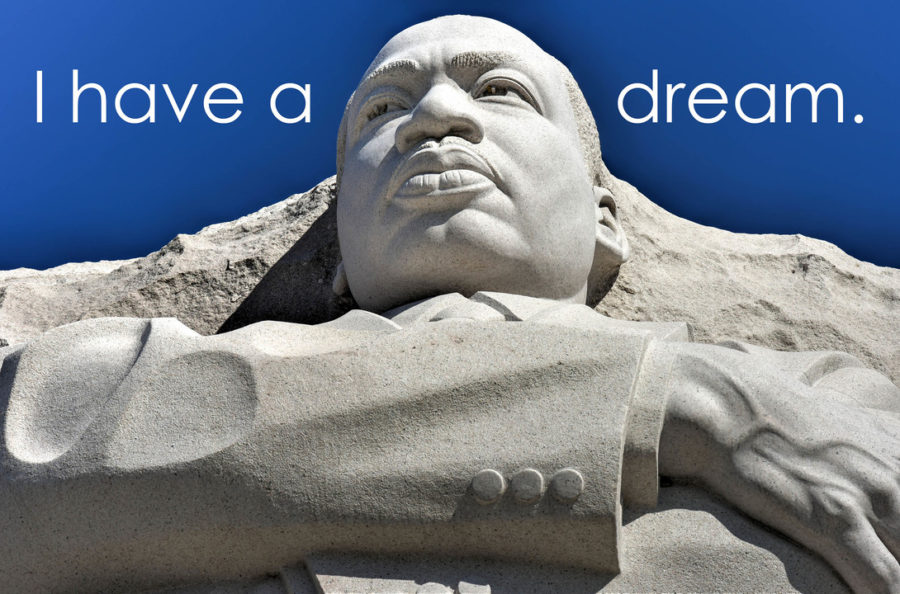Why words are powerful
“Beef bowl please! With normal rice. Oh, and an egg”.
It’s Asian. There are chopsticks involved. But I have no idea what country it’s from.
Who cares? It’s tasty.
I grab what looks like iced coffee just before I pay and then I notice something written on the side of the can. It’s the word “original”, sitting just below its logo.
That’s weird. I can’t imagine cold coffee being unoriginal. Perhaps it’s to assure me that it’s not fake.
I know! What’s the big deal? It’s just a can of coffee. Yet it’s these subtleties in wording that bother me. Words can make the difference between success and failure. It’s something I care about because it is what I do.
I write words for a living.

We all know that words can have meaning. Yet sometimes, words don’t have to. They can be silly and meaningless, but still work. I’m not against the word “original” on the coffee can. I just don’t think it worked for me. There are examples, however, where silly words do work.
Think of that “new and improved” washing powder you might have bought. Did you do your due diligence beforehand? Did you google for evidence that it was actually new and improved? Probably not because you have better things to do with your life.
It’s weird, but this form of manipulation seems to work.
It can, however, go wrong.
Take Unilever’s Persil Power which was launched in the mid-1990s. It was a disaster. It worked so well thanks to its manganese catalyst that it not only removed stains, but it destroyed clothes too.

Words are powerful. They can evoke an emotional response like fear, excitement, desperation or anger. They can frame our view of the world in a certain way for both the right and wrong reasons. The truth is that sticks and stones may break your bones, but words can hurt, harm, humiliate, humble, heal and help you.
They have a huge impact on your life.
There are two ways words can persuade. They can either be used to inspire or manipulate.
I prefer to inspire and create, which is why I chose a picture of one of my heroes for this post – Martin Luther King. Yet, I can’t shrug off the dark truth that words, numbers and images are constantly used to manipulate and distort the reality we see.
That’s why investors need to be wary. I made fun of doing due diligence on buying washing powder beforehand. Yet, watching my mother destroy our clothes in a repeated laundry wash-cycle should have taught me a lesson.
I admit the words “due diligence” are by nature, acoustically disagreeable. But sometimes it is necessary to appreciate the ugly to see the deeper beauty of a business you are going to invest in. Studies have shown that it’s worth it.
The Ewing Marion Kauffman Foundation (EMKF) study showed that a median of 20 hours due diligence gets better results. Furthermore, conducting more than 40 hours due diligence, sees reported investment returns north of seven times.
Due diligence helps you manage your relationship with the business you are going to invest in. It helps you evaluate the company properly, understand the risks involved and decide whether to invest.
We need mundane processes, so we don’t make illogical choices. Decisions making is often an emotional experience driven by inbuilt biases. We justify our decisions with logic, even if they aren’t logical. Take a look at the image below and solve it.

The answer is not 30.
It’s 43.
And, I’m not telling you why. Work it out logically.
We are constantly being manipulated. Don’t think for a second that you are seeing the whole truth.
The other day I bought a dual purchase offer of toothpaste and mouthwash. I saved 30%. Now I can brush my teeth with toothpaste that’s clinically proven to whiten my teeth and then rinse them with bright green mouth wash.
The saving I made was pointless!
Words are powerful. That’s why you need to be careful. It’s the reason why yogurt is 95% fat free and not 5% fat. You can’t do due diligence on that at the spur of the moment.
There is one thing you can do though.
Think twice.









